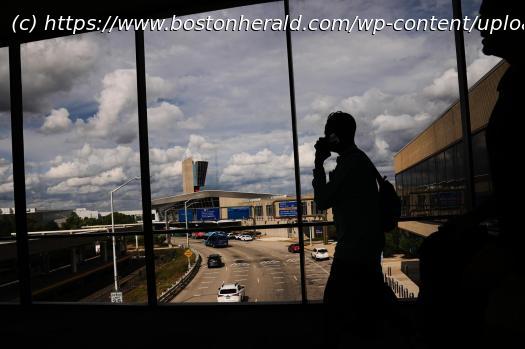The federal government shutdown has entered its second week, and already shortages of air traffic controllers have strained operations and disrupted flights at some U.S. airports.
The federal government shutdown has entered its second week, and already shortages of air traffic controllers have strained operations and disrupted flights at some U.S. airports.
Reagan National Airport became the latest this week to report delays because of staffing issues Wednesday. But earlier in the week there were problems at airports in Chicago, Newark, Denver and Nashville, and the tower even had to shut down in Burbank, California.
Experts, as well as union leaders representing air traffic controllers and security screeners, warn that the impact could grow significantly worse if the shutdown continues and employees start to miss paychecks.
Here’s what to know about your rights as a passenger and what you can do if delays and cancellations start piling up:Check before going to the airport
It is better to be stuck at home or in a hotel than to be stranded in an airport terminal, so use the airline’s app or flight websites to make sure that your flight is still on before heading to the airport. This FAA site can be checked to see if there are widespread delays at your airport.
Kyle Potter, executive editor of Thrifty Traveler, cautioned that it can be hard to get compensation when there are problems.
“In the United States, Americans have shockingly few rights as travelers. When things go wrong, it’s really left up to the airline industry to decide what it means to do right by customers,” Potter said.My flight was canceled. Now what?
If you are already at the airport, it is time to find another flight. Get in line to speak to a customer service representative, and call or go online to connect to the airline’s reservations staff. It also helps to reach out on X, the site formerly known as Twitter, because airlines might respond quickly there.






